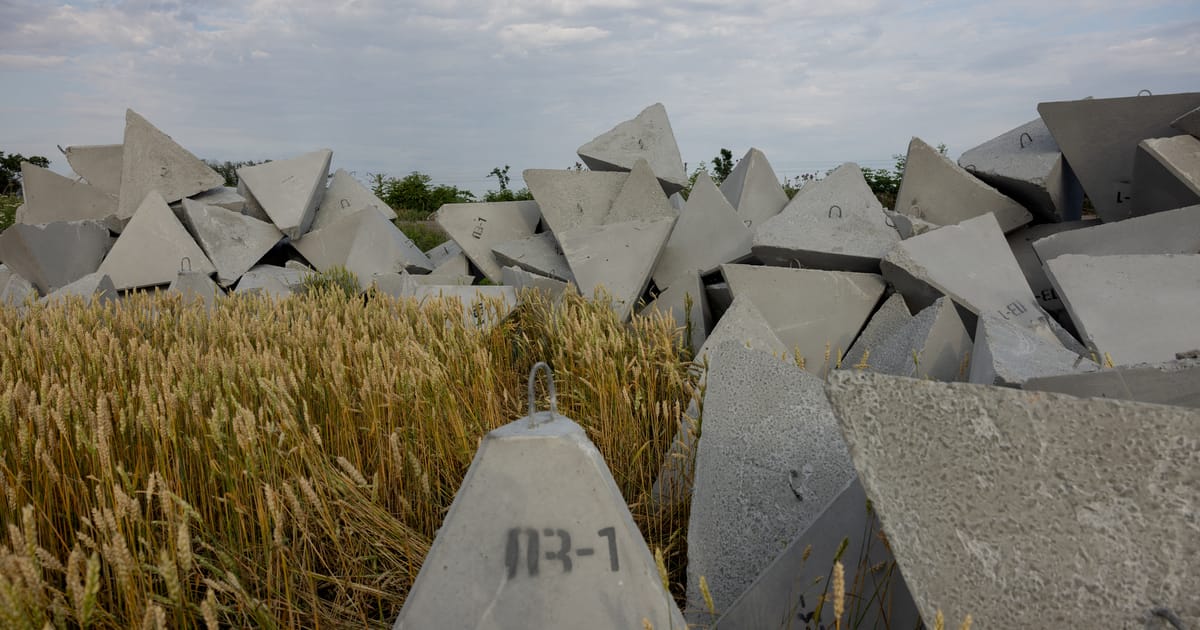

In recent times, the geopolitical landscape has been marked by a series of impactful developments across various regions, each contributing to the global narrative in unique ways. An examination of these challenges highlights how nations are navigating complex scenarios with resilience and strategic calm, aiming to maintain stability and uphold international peace.
The frontline in Ukraine remains a focal point of tension as the nation continues to reinforce its defenses against Russian advances. The Ukrainian military has adapted its strategies by fortifying its positions and managing smaller unit attacks orchestrated by Russian troops. This strategic resilience is reflective of Ukraine’s determination to safeguard its territorial integrity while responding prudently to evolving threats. Despite the challenges faced, the resolve to strengthen fortifications at the front lines demonstrates an unwavering commitment to national defense, emphasizing both preparedness and adaptability in a turbulent region.
In another significant development, Spain finds itself in the midst of political turbulence as Francisco Salazar, an influential ally of Prime Minister Pedro Sánchez, steps down amid allegations of sexual harassment. This resignation is a crucial juncture for the Socialist Party, embroiled in corruption scandals that have posed challenges to governance. The decision to resign underscores accountability and the broader commitment to ethical conduct within political structures, highlighting the importance of addressing misconduct transparently and effectively.
Meanwhile, tensions in the Middle East have been underscored by Iran’s covert activities attempting to recruit spies in Israel. As court documents reveal, over 30 Israelis have been charged with collaborating with Iranian intelligence following a series of clandestine operations. Iran’s alleged espionage efforts, aimed at escalating hostilities and gathering critical intelligence, reflect the intricate web of espionage tactics in the region. Israel’s response showcases an adept security apparatus keen on safeguarding national interests while minimizing potential threats to regional stability.
In a poignant narrative of human diplomacy, the case of Cécile Kohler and Jacques Paris unfolds in Iran, where they have been detained under alleged charges since 2022. Their situation serves as a stark reminder of the complexities of international diplomacy and the humanitarian considerations intertwined within geopolitical negotiations. Amidst claims of unjust detention, these individuals are caught in the delicate balance of diplomatic relations and are seen as pawns in a broader geopolitical strategy, raising important ethical questions concerning the treatment of individuals in international affairs.
Each of these stories, spanning continents and cultures, underscores the intricate dynamics that shape our world. The experiences of nations like Ukraine and Spain, as well as the delicate situations within Iran and the Middle East, reflect a mosaic of challenges and responses that together weave the global fabric of diplomacy and conflict management. Through careful engagement and strategic foresight, these nations continue to navigate complex political realities, shedding light on the enduring human spirit to overcome adversity and foster peace.
In conclusion, the interconnected nature of global events invites a perspective that values calm and clarity in the face of adversity. As nations confront both internal challenges and external pressures, the lessons gleaned from these narratives highlight the importance of resilience, ethical leadership, and mindful diplomacy in forging paths toward stability and cooperation in an ever-evolving global context.
Source: {link}
